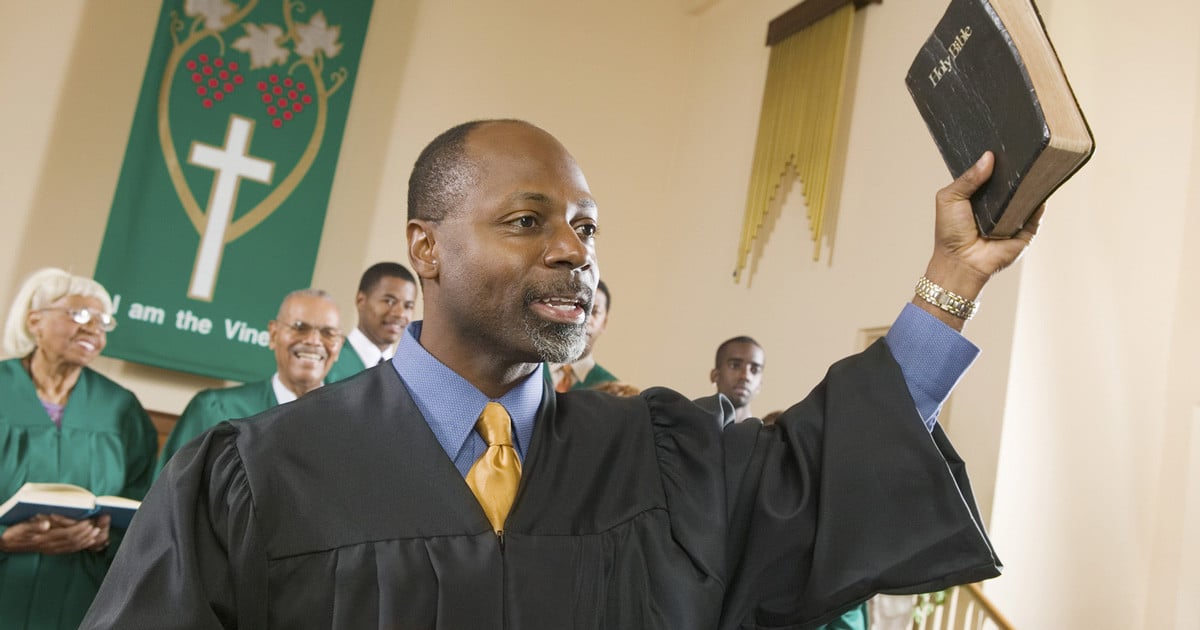“Preaching” is a uniquely Christian activity. It is based upon the prophetic declarations by which God communicated divine wisdom and instructions to ancient Israel. It is shaped by the teaching ministry of Jesus. It is energized by the Spirit-inspired proclamations of the first Christian apostles.
When we think of preaching today, we imagine gathered congregations on Sunday mornings, and a lengthy (often boring!) teaching from a church leader. In fact, the term “preaching” is used by many as a negative form of communication: “Don’t preach at me!” But Christian preaching begins simply with personal testimony. We speak about the Jesus who loves us and who has changed our lives. We testify about the way we see the world now that God has opened our eyes to new worlds and powerful perspectives. We preach Christ, God come among us to live our lives, make heaven understandable to us, die to transform our hearts, and rise to promise us life beyond death.
Preaching is communication. It originates with God’s communication to us, and thus is rooted in scripture. But it is personal because it is conveyed by us as human beings. At the same time, it is energized by the Holy Spirit who helps us understand God’s intentions, actions, and call to faith.
Just as the prophets of the Old Testament and the apostles of the New Testament spoke the word of God through different voices in different context with different challenges, so the preaching of today’s church is multifaceted. Preachers give voice to the call of Jesus through a variety of teaching styles and communication methods. But the essence of the message is always the same: “We preach Christ!”
There are, of course, different ways in which sermons are prepared, based on the thoughtful study and interpretation of the biblical writings. Influenced by cultural changes and challenges, a number of different families of theological reflection have emerged. Our approach at CLC lies within the Reformed tradition, built upon the expansive insights of John Calvin at the time of the Protestant Reformation. Central to this theological approach are these emphases:
- The distinction between “regeneration” (God’s one-time act accomplished solely through the work of Jesus) and “sanctification” (God’s on-going transformative activity taking place in partnership with redeemed persons and communities).
- The “Presbyterian” form of church structure, built around the primacy (but not independence) of the local congregation governed by Elders and Deacons who are called and elected from the membership because of their obvious spiritual gifts.
- Appreciation of the sacraments as two in number (Baptism and the Lord’s Supper), each being a sign and seal of God’s redemptive love, but not actually transacting merit.
- Viewing the “Law of God” as not only normative for creation and as announcing human sinfulness, but also as guiding our redeemed response of sanctified living.












